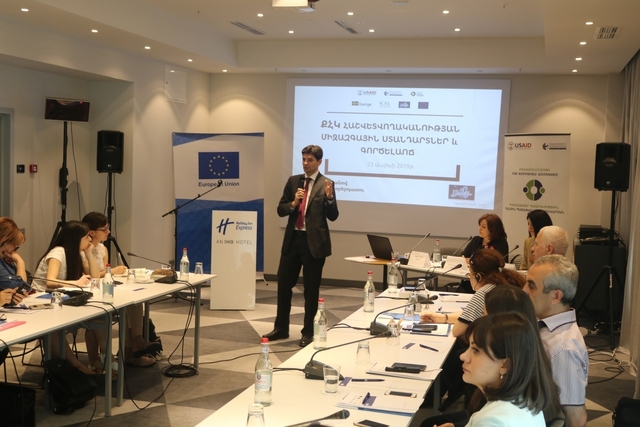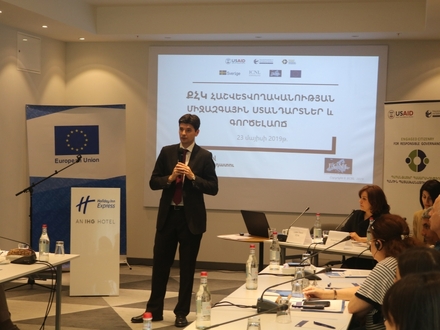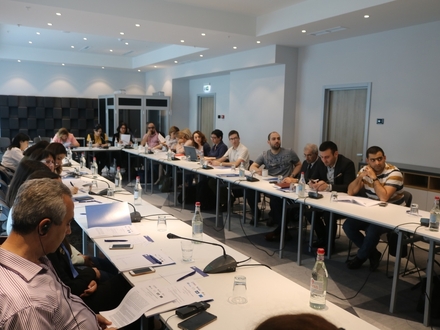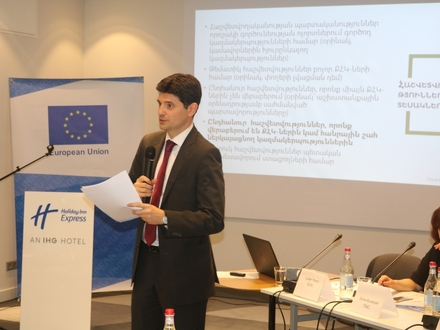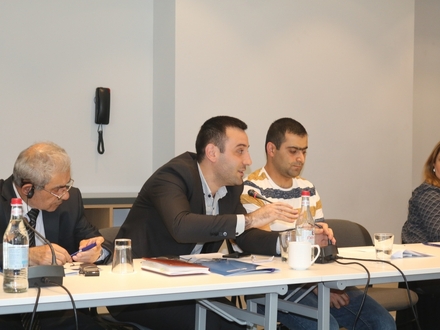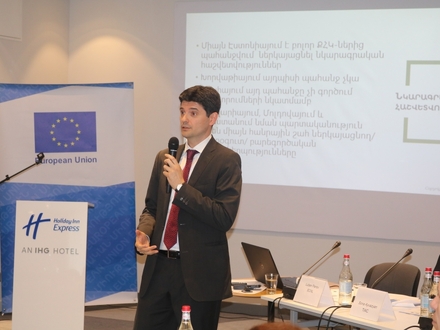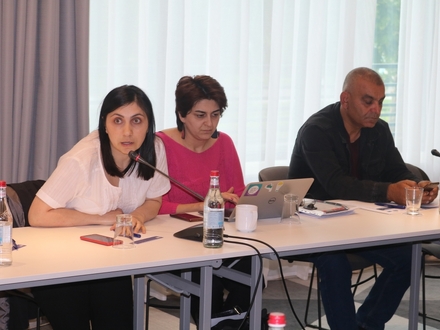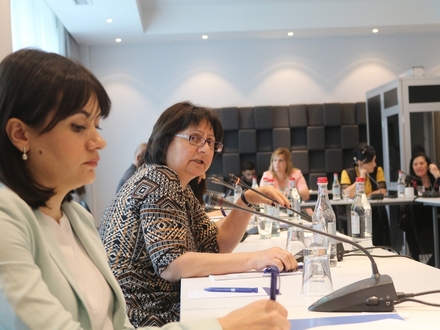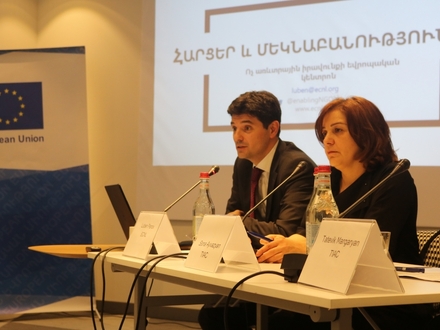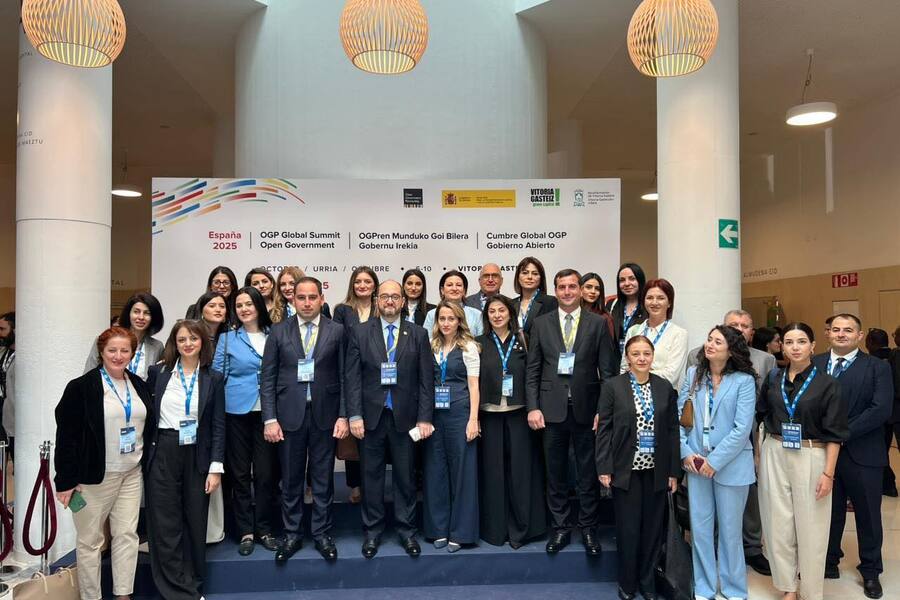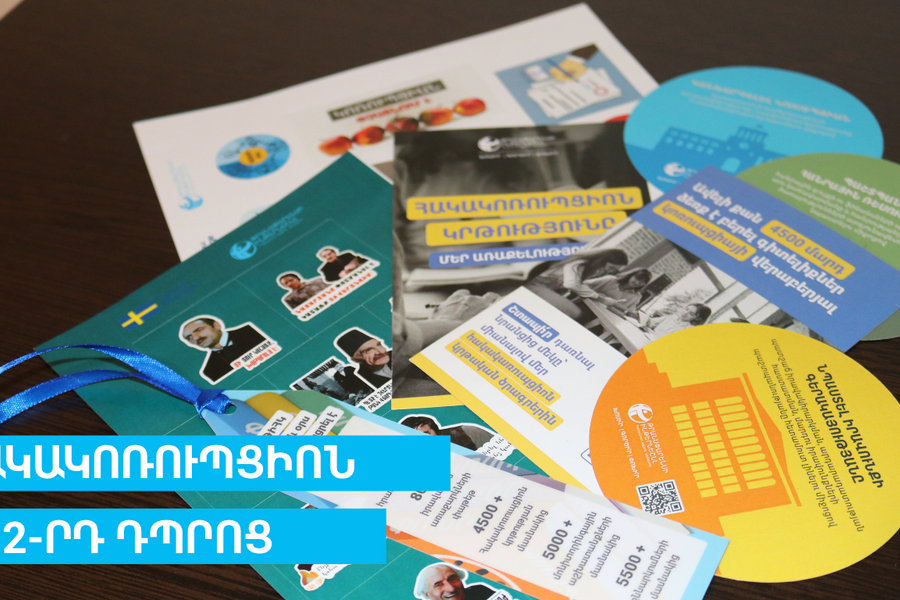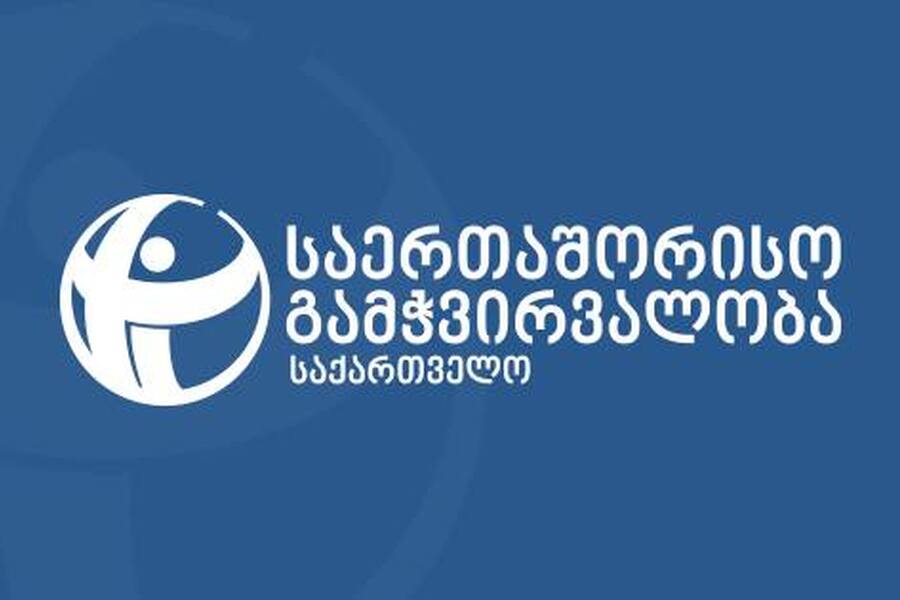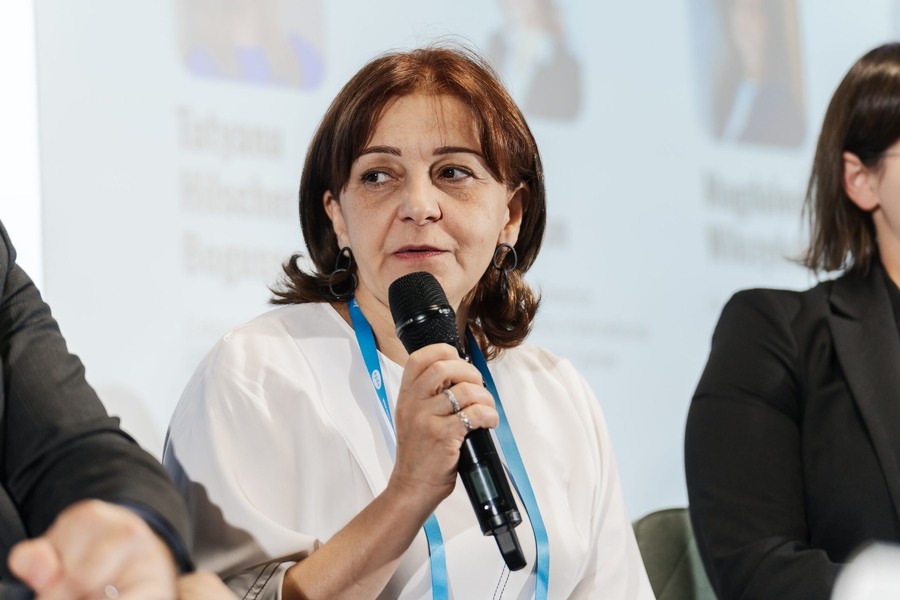Discussion on CSO reporting standards and practice
The findings of research on “Civil Society Organizations reporting standards and practice” were presented during a discussion on May 23, 2019.
Sona Ayvazyan, Executive Director of Tansparency International Anticorruption Center, Luben Panov, Program Consultant of European Center for Not-for-Profit Law (ECNL, Hungary), Tatevik Margaryan, Expert of “Monitoring Progress, Empowering Action” project took part in the discussion. The discussion also brought together representatives of more than thirty leading CSOs, state bodies and international organizations.
Sona Ayvazyan welcomed the capacity audience with opening remarks. She noted that RA Law on Public Organizations, which was adopted in 2016, provided additional mechanism of transparency and accountability for those CSOs which are recipients of state funding. However, the State Revenue Committee has recently proposed a new draft law requiring that all public organizations be held accountable. “The State Revenue Committee exercises tax control over CSOs. According to the new law, in addition to tax control, the State Revenue Committee is athorized to exercise control over NGO activities, as well, i.e. the State Revenue Committee has become a controlling body and came up with a law to controll all NGOs. I would like to note that the NGOs themselves differ in reporting requirements. In this context we attach importance to the international experience. Therefore, we have invited ECNL representative to clarify optimal control and reporting,” said Sona Ayvazyan.
Luben Panov, Program Consultant of European Center for Not-for-Profit Law (ECNL,Hungary) presented International standards and practices of non-profit organisations’ reporting.
The Expert presented international standards and practices of CSO reporting, based on the examples of Bulgaria, Croatia, Czechia, Estonia, Georgia, Moldova and Ukraine. Luben Panov spoke about the types of reporting, i.e. reporting for organizations engaged in specific areas or activities, thematic reporting for all CSOs, general reporting, not specifically targeting CSOs, general reporting targeting all CSOs or all public benefit organizations, and special reporting for recipients of state funding, etc.
The International Expert also addressed international standards, and attached importance to human rights, the right to privacy, equal treatment, exclusion of discrimination. The Expert believed that any potential limitation of the rights must be based in law and be necessary and proportionate.
Summing up the country practices that he had studied, the speaker noted that in the majority of countries CSOs submit mainly financial reports, moreover, publishing financial reports are mandatory for the CSOs. Based on the type of benefits that CSOs receive, state authorities may also require tthat CSOs present narrative reports. Published information is generalized and there is no requirement for public identification of all donors or donation recipients individually. Even if there is such requirement, the donor or recepient have a right to require that his/her name is not individually disclosed.
Luben Panov also emphasized that there is clear distinction between “reporting obligations” and “public disclosure obligations” and public disclosure requirements cannot be justified on the ground of ensuring national security and prevention of disorder and crime.
L. Panov’s address was followed by exchange of opinions and discussion. The latter also answered the questions of the discussion participants and responded to the concers of CSOs.
This event is funded by the project Engaged Citizenry for Responsible Governance, implemented with the financial support of USAID. It is co-funded by the project “Monitoring Progress, Empowering Action”, implemented with the financial support of the European Union.
The event is also supported under a project managed by the European Center for Not-for-Profit Law (ECNL) and made possible by the International Center for Not-for-Profit Law (ICNL) through the Civic Space Initiative, financed by the Government of Sweden.

